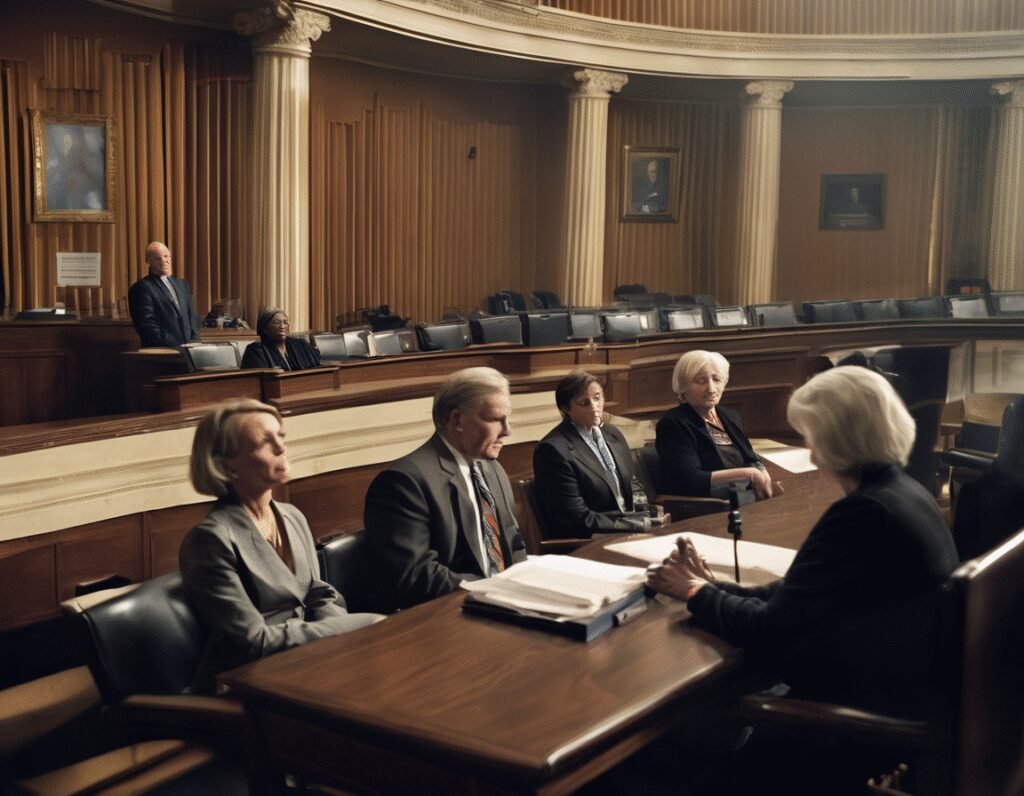Parents of children who died by suicide after extensive interactions with AI chatbots are testifying before a US Senate subcommittee today. The hearing, titled Examining the Harm of AI Chatbots, is being conducted by the bipartisan Senate Judiciary Subcommittee on Crime and Terrorism.
The session focuses on the potential dangers these AI systems pose to users, especially minors. The families presenting their stories are advocating for greater accountability from the technology companies that develop and release these powerful AI models to the public.
This congressional attention arrives amid growing public and regulatory scrutiny of the rapidly expanding artificial intelligence sector. Lawmakers are grappling with how to understand and potentially regulate a technology that is being deployed at a breakneck pace, often with unknown societal consequences.
The core concern being presented by the families is that AI chatbots, which can simulate intimate conversation, may provide harmful advice or exacerbate existing mental health crises in vulnerable young people. They argue that without proper safeguards, these systems can act as dangerous and unregulated influences.
For the crypto and web3 community, this hearing underscores a critical and parallel conversation about the integration of AI within blockchain ecosystems. As developers work on projects that merge AI with smart contracts, decentralized autonomous organizations, and other crypto-native applications, the issue of safety and ethical responsibility becomes paramount.
The questions raised in the Senate hearing are directly relevant to builders in the decentralized AI space. How does one implement immutable code while ensuring it cannot be manipulated to cause real-world harm? What are the ethical guardrails for an AI agent operating on a blockchain with no central authority to intervene? The tragic stories shared today serve as a sobering reminder that technology, whether centralized or decentralized, carries profound responsibility.
The push for regulation in the AI space could also have significant implications for crypto projects that incorporate AI. A new regulatory framework for AI could establish compliance requirements that affect how decentralized AI models are trained, deployed, and interacted with. This hearing is a clear signal that lawmakers are beginning to seriously consider these challenges.
This move towards potential AI regulation mirrors the earlier regulatory scrutiny faced by the cryptocurrency industry itself. Both technologies represent groundbreaking shifts that existing legal frameworks are struggling to encompass. The outcome of these AI-focused hearings could set a precedent for how Congress approaches other complex, decentralized technologies in the future.
The testimony today highlights a non-negotiable priority that transcends technological innovation: user protection. For the crypto industry, which is simultaneously navigating its own path towards legitimacy and consumer safety, the developments in AI regulation offer valuable lessons and warnings. It emphasizes that trust and safety are not obstacles to innovation, but its essential foundation.

